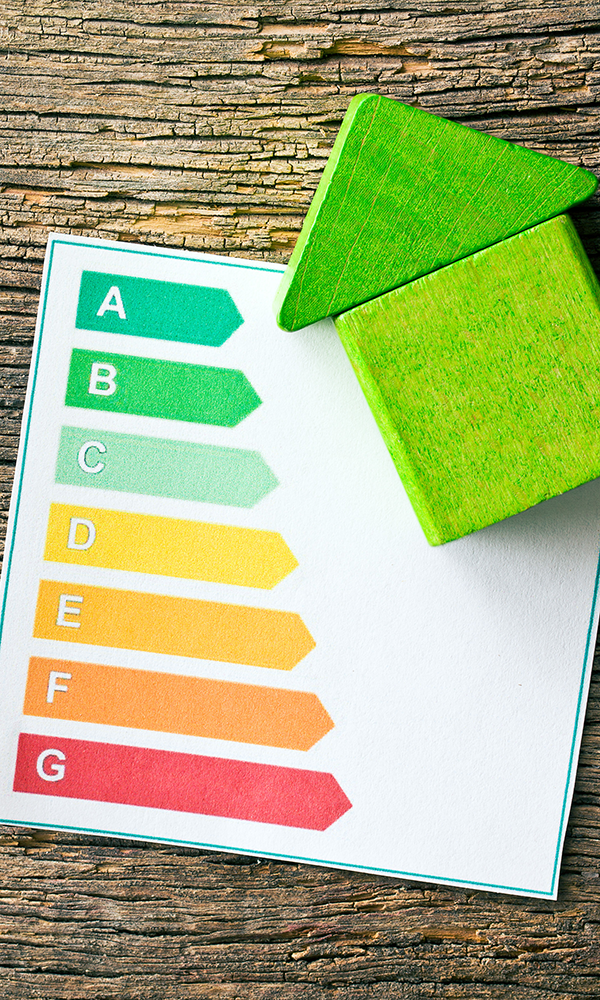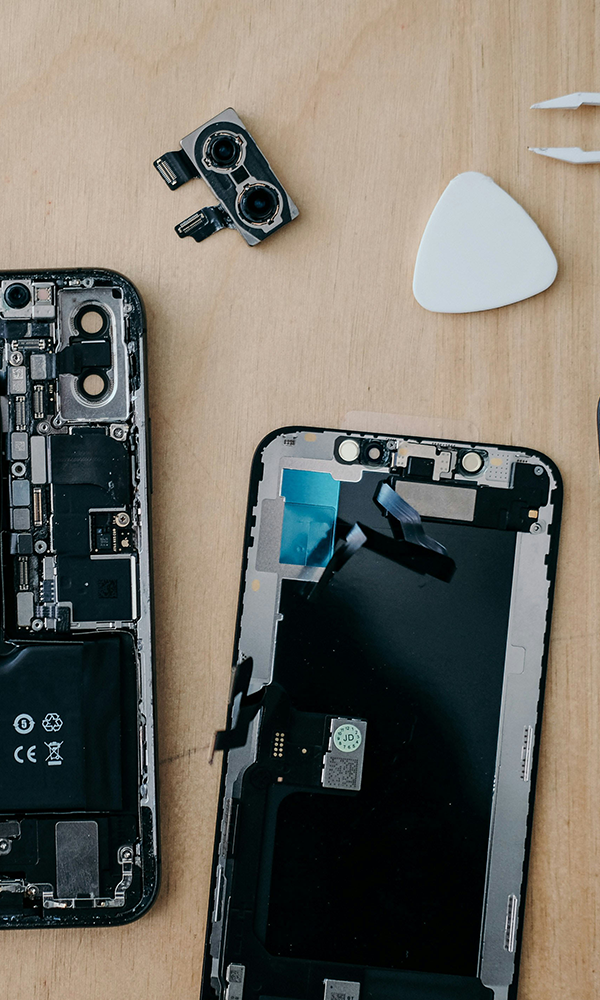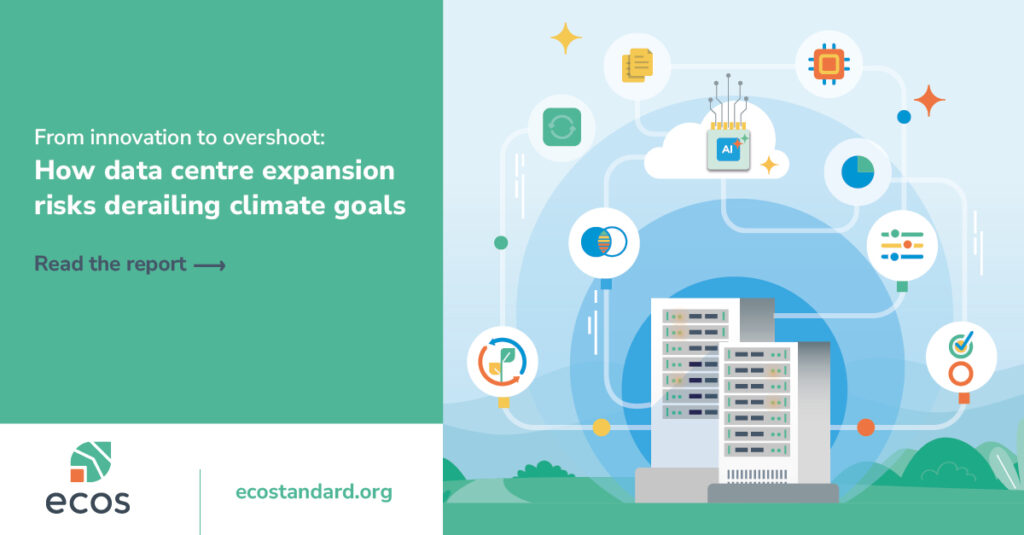Demand for electronics surges every year, but we struggle to manage the impacts. Vast amounts of raw materials are extracted for production, and when electronics eventually become waste, only 17.4% of it is properly handled. A lot of e-waste is illegally dumped in low or middle-income countries, causing conflicts, human rights abuses, and environmental degradation. ECOS envisions a sustainable, circular future where electronics are easy to maintain, repair, reuse, and recycle. In a society so reliant on electronics, ambitious rules to ensure they are sustainable throughout their life cycle are a must – from resource extraction, to design, recycling, and waste.



Improving energy efficiency is one of the most effective tools the EU has to cut energy use, reduce dependence on imported fossil fuels, and lower household bills. The EU’s energy label has been a success story in guiding consumers towards energy and financial savings and – with some key tweaks – could continue to do so and deliver even greater benefits.
ECOS is looking for ecodesign experts in the field of electronics and ICT products to represent and defend environmental interests in the development of standards and related policies. The deadline to apply is 4 January 2026.
Ecodesign, an EU success story, is expanding. More products than ever will soon be designed from the outset with sustainability in mind — a development that will be good for the environment and consumers. But how? And when? The Ecodesigned4LIFE project consortium, ECOS, BEUC, and ANEC, break it down.
Report by ECOS with Open Future. How data centre expansion risks derailing climate goals and how to fix it. An analysis of the environmental impacts of data centres, the solutions to this, and possible EU policy responses.
Download the pdf

ECOS is co-funded by the European Commission and EFTA

 Funded by the European Union. Views and opinions expressed are however those of the author(s) only and do not necessarily reflect those of the European Union or EISMEA. Neither the European Union nor the granting authority can be held responsible for them.
Funded by the European Union. Views and opinions expressed are however those of the author(s) only and do not necessarily reflect those of the European Union or EISMEA. Neither the European Union nor the granting authority can be held responsible for them.
